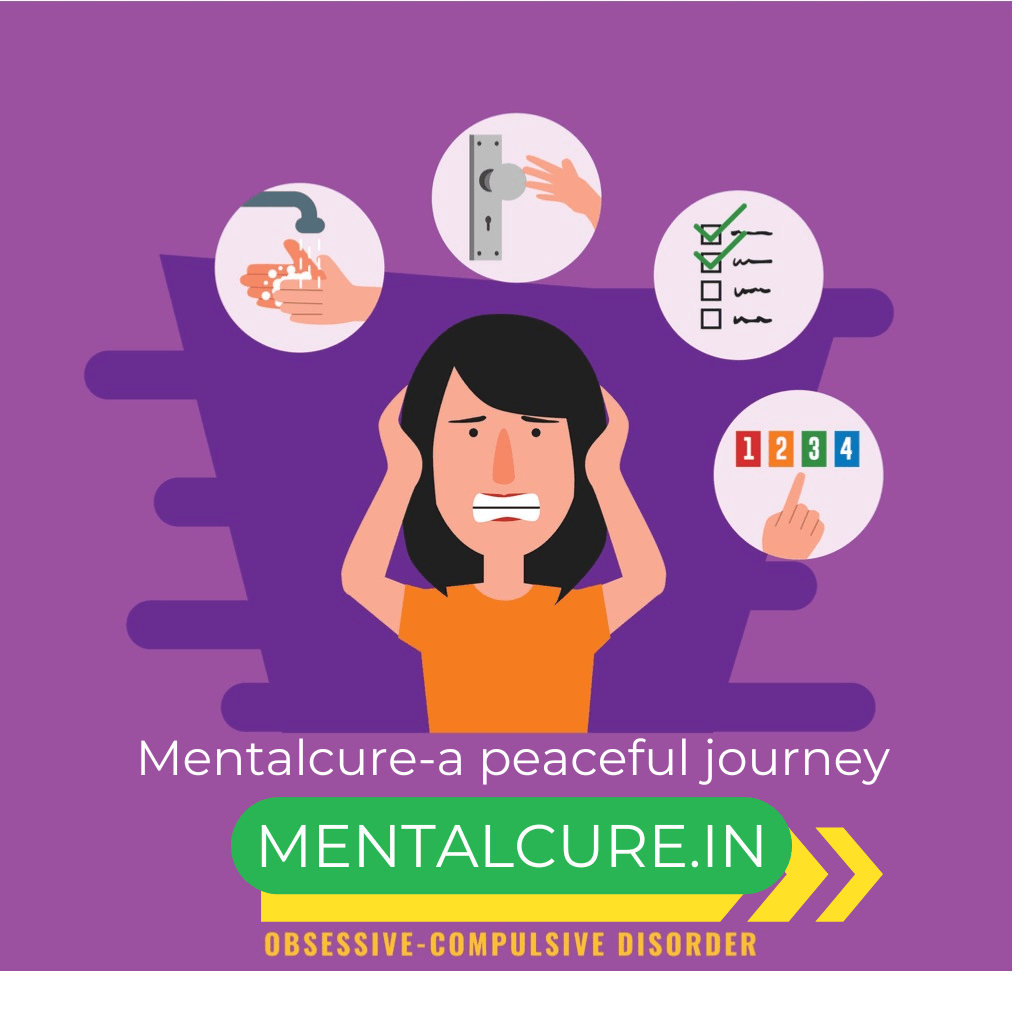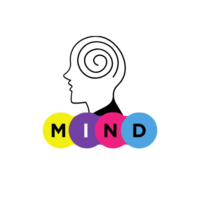Looking for a child psychologist can be an important step toward supporting a child’s mental, emotional, and behavioral well-being. Here are some key reasons why it might be a good idea:

1. Emotional or Behavioral Changes
If a child is showing signs of anxiety, depression, anger, or other intense emotions that persist over time or interfere with daily life, a child psychologist can help identify the cause and provide coping strategies.
2. Trouble at School
Difficulties such as poor academic performance, inability to concentrate, or conflicts with peers or teachers can indicate underlying issues that a psychologist can address.
3. Life Transitions or Trauma
Major changes like divorce, the loss of a loved one, relocation, or experiencing a traumatic event can be hard for children to process. A child psychologist provides a safe space to work through those experiences.
4. Social Difficulties
If your child struggles to make or keep friends, is extremely shy, or has trouble with social cues, a psychologist can help them develop healthy social skills.
5. Developmental Concerns
Delays in speech, motor skills, or emotional development—or signs of autism or ADHD—can be better understood and managed with the help of a trained child psychologist.
6. Behavioral Disorders
Conditions such as ADHD, oppositional defiant disorder (ODD), or anxiety disorders require professional evaluation and potentially long-term treatment strategies.
7. Support for Parents
Child psychologists don’t just work with children—they can also guide parents on how to support their child effectively, manage behavioral issues, and maintain healthy family dynamics.
Should my child see a therapist or psychologist?
While the work of child therapists and child psychologists overlap in a lot of ways, there are some distinct differences in what they can offer you and your child.
A therapist can help your child to work through difficult situations, learn coping skills to manage intense feelings and help families get along better.
While a therapist can help treat your child’s emotional or mental health issues, they may not be the best fit if you need a diagnosis for an IEP (individualized education plan) or other school accommodations. Schools often prefer that you work with a psychologist for this.
Your child may benefit from seeing a therapist if:
- They need emotional support and someone to talk to about their feelings.
- They’re struggling with anxiety, depression, anger or big life changes.
- You’d like help figuring out how to get along better with your child and improve difficult behavior.
- You’d like your child to meet with someone regularly, and you’re not looking for help with medication or more complex mental health conditions.
A child psychologist can conduct many tests that therapists can’t, which can be helpful when you need more information about the source of your child’s difficulties or if your child needs an IEP.
Your child might benefit from seeing a psychologist if:
- You think your child might have a condition that affects their learning or social interaction, such as ADHD, a learning difference or autism spectrum disorder.
- Your child needs help managing emotional or behavioral problems.
- You’d like a more detailed diagnosis for your child.
- One of your goals for therapy is to discover what changes you can make at home and changes your child’s school can make to better support your child.
Both child therapists and child psychologists can’t prescribe medication. If your child needs medication to manage a more complex mental health condition, they may need to see a child psychiatrist, which is a medical doctor who’s an expert in the field of psychiatry — the branch of medicine focused on the diagnosis, treatment and prevention of mental, emotional and behavioral disorders. Psychiatrists can prescribe medication.
